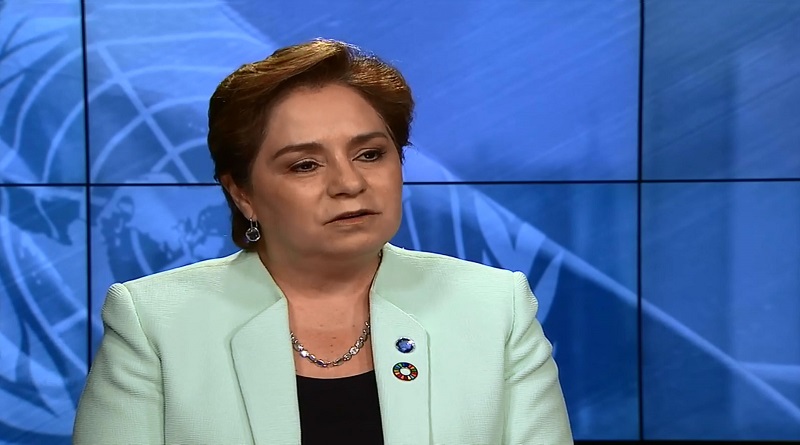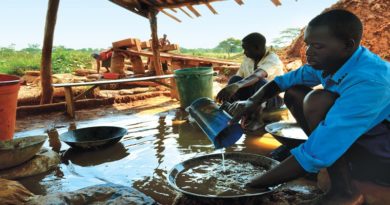Adaptation committee sets groundwork for success at COP26
The 19th meeting of the UNFCCC Adaptation Committee (AC) concluded on 19 March with substantial progress made on its crucial work in supporting countries in their efforts to adapt to the effects of climate change. This includes accessing technology and funding for measures such as developing climate- resilient infrastructure to tackle floods and scaling up climate-smart agriculture to cope with droughts.
Climate change impacts are already being felt across the globe: Shifts in the seasons and an increasing frequency of extreme weather events, floods and droughts are a reality, and additional major impacts from slow onset events are expected. Enhanced adaptation action and corresponding support are increasingly needed in all parts of the world to reduce damage from present and future climate change impacts.
Established in 2010, the Adaptation Committee is the global voice on adaptation, working to drive forward coherent UNFCCC action on adaptation around the world by providing expert guidance, enhancing outreach, and supporting the implementation of the Paris Climate Change Agreement by addressing crucial adaptation issues.
The AC attracted many representatives from countries, other constituted bodies, and UN and non-governmental organisations organizations to its four-day meeting. Registered observers actively participated in the discussions, and the entire meeting was available to the public via YouTube live streaming to ensure highest transparency of the Committee’s work.
Countries have requested the AC’s support in various areas that will help them translate the adaptation-related elements of the Paris Agreement into reality. During the meeting, the AC made progress in this work, including by:
Continuing its consideration of approaches to review overall progress made towards the global goal on adaptation of enhancing adaptive capacity, strengthening resilience, and reducing vulnerability to climate change;
Launching work on the 2022 synthesis report recognising the adaptation efforts of developing countries, which will focus on assessing and meeting adaptation costs. The first synthesis report in this series, published in 2020, illustrated how developing countries are addressing hazards, such as by using bamboo fences to combat coastal erosion;
Defining next steps in contributing to the technical work of developing methodologies for assessing the adequacy and effectiveness of adaptation and support;
Driving forward an inventory of methodologies for assessing adaptation needs related to action, finance, capacity-building and technological support in the context of national adaptation planning and implementation, as well as discussing a technical paper on this topic;
Discussing the updated draft supplementary guidance for voluntary use by Parties as theyin prepare preparing their adaptation communication. By March 2021, thirteen parties had presented their priorities, implementation and support needs, plans and actions in an adaptation communication;
Considering information collection and preparation for the AC’s synthesis report for the global stocktake, which is a periodical assessment of progress towards achieving the purpose of the Paris Agreement and its long-term goals.
The AC will continue to keep Parties and other stakeholders updated on this work and to seek their input, including through hosting webinars on the draft supplementary guidance for adaptation communications, the global stocktake, and on the global goal on adaptation.
The AC also advanced on key issues from its workplan that will support countries as they seek to plan, implement, finance and evaluate their adaptation measures. This includes work on its upcoming paper on the application of technologies for adaptation, on capacity gaps in accessing adaptation funding, and on monitoring and evaluation systems at the national and subnational level.
It also includes updating its earlier work on support, in collaboration with LEG, for the process of formulating and implementing national adaptation plans (NAPs), discussing plans for a related online resource that will help countries better understand how they can seek support their NAPs. As of November 2020, 125 out of 154 developing countries were in the process of formulating and implementing NAPs to bolster their medium- and long-term resilience to climate change.
The UNFCCC is pleased to congratulate Alessandra Sgobbi, from Italy, and Cecilia da Silva Bernardo, from Angola, on their re-election as co-chairs of the Committee and to have their competent leadership for the work of the AC for another year.



